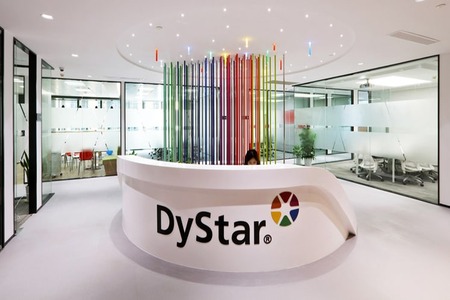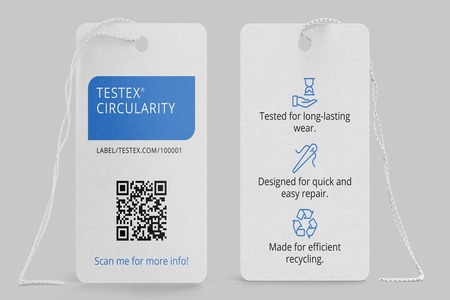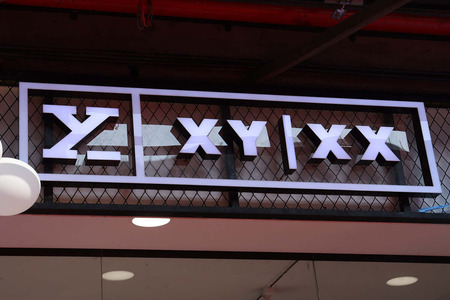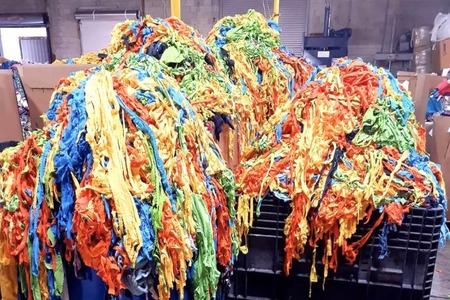
DyStar makes strides towards ESG goals despite industry challenges
YarnsandFibers News Bureau 2023-08-30 17:08:21 – SingaporeDyStar, a company based in Singapore that specializes in making special chemicals for coloring, is steadily progressing towards its goals for environmental, social, and corporate governance (ESG) by 2025. The company recently released its 13th annual sustainability report, which outlines its efforts to stay on track despite challenges faced by the fashion industry due to various global issues.
In the report, Xu Yalin, an executive board director, pointed out that the world has become more complex due to a series of global crises such as the Covid-19 pandemic. These challenges are affecting economies and supply chains. Factors like the global economic slowdown, the Russia-Ukraine war, and increased costs for energy, transportation, and labor have impacted many businesses worldwide, including DyStar's dye business operations.
However, Xu Yalin emphasized the importance of resilience in navigating through difficult times and seizing opportunities. DyStar has made significant progress in comparison to a baseline set in 2011, regarding its ESG targets for 2025. The company has successfully decreased greenhouse gas emissions and wastewater production by over 30%. Specifically, the group's greenhouse gas emissions from Scope 1 and Scope 2 sources have reduced by 45% over the past 12 years and 9% from the previous year. Furthermore, wastewater output has been reduced by 24% in 2022 compared to 2021 and by 52% since 2011.
DyStar has recently introduced new modules for its Cadira technology, which is designed to save resources during the dyeing process. These new modules enable customers to conserve water and energy while also reducing their use of chemicals. The technology now covers various dyeing processes, including those for polyester, recycled polyester, reactive dyeing, poly-cellulosic dyeing, wool, nylon, denim, as well as laundry and printing processes.
Market Intelligence
Ask for free sample Report

experience
Customer Base
dedicated team
Countries Served Worldwide









